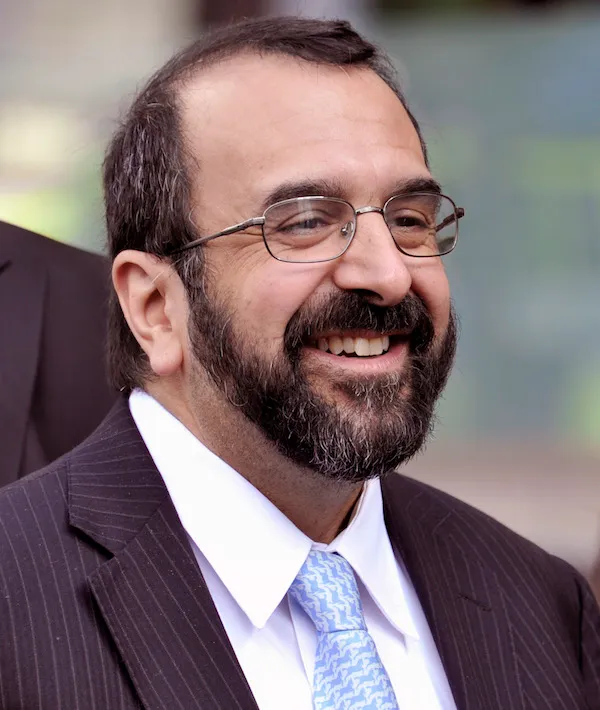Table of Contents
College students across the United States — willingly or not — have become embroiled in vast debates about the parameters of acceptable discourse on campuses. Concepts like trigger warnings and safe spaces, hitherto confined to academic theory, have bustled their way into reality, with an army of activists to shout down anybody who questions them.
Supporters of this new state of affairs say that restrictions on speech give necessary and overdue justice to historically marginalized groups, whether women, people of color, transgender or gender non-binary people, or members of a different oppressed group. They argue that these new norms empower students who would otherwise be afraid to voice their views on tricky topics and difficult personal experiences. Detractors worried about preserving freedom of speech respond that free speech is only meaningfully free when all students feel empowered to speak. They are frustrated by what they see as an ever-evolving labyrinth of discursive booby traps which stifles debate and the free exchange of ideas. They worry that certain ideas — namely, conservative ones — are not being engaged with so much as bullied out of acceptability.
Into the very lair of the beast, then, do the Stanford College Republicans invite Robert Spencer, founder and director of the blog Jihad Watch (not to be confused with white supremacist Richard Spencer). Spencer is a controversial figure, to put it mildly — he was banned from entering Great Britain, one of his books is banned in majority-Muslim Malaysia, and he was once poisoned and subsequently hospitalized by a left-wing activist in Iceland. He is not without professional credentials, though; he has led seminars on Islam for the FBI, the US Army, the Joint Terrorism Task Force, and the Justice Department. He has also written sixteen books, two of them New York Times bestsellers.
Spencer is a self-proclaimed member of the “counter-jihad” movement, a collection of activists and scholars who warn of an impending Islamist takeover of the Western world. While Spencer does not believe that Islam is an inherently “terroristic” religion, he does claim that traditional Islam is inextricably tied to violence. He acknowledges, though, that some moderate Muslims are “genuinely trying to frame a theory and practice of Islam that will allow for peaceful coexistence with unbelievers as equals.”
When I talked with a Stanford College Republicans executive (who only agreed to be quoted anonymously), he expressed similar sentiments.
“Understanding the nature and magnitude of the jihad threat is fundamental to our national security,” he told me, stressing that this was an urgent conversation not happening on campus. This Republican told me that he rejects the consensus view that he hears from other students and professors, which is that Islamic terrorism is a product of Western imperialism and economic distress. Instead, he said, it is about fundamental elements of Islamic faith. He then quoted Spencer: “You cannot defeat an enemy you refuse to understand.”
When I asked him why he thought students were oblivious to the nature of the threat that Spencer will talk about, he called out the media. “The mainstream media conflates reasonable, intellectual critiques of Islam with attacks on Muslims as people,” he said. He hopes that the event, billed as an “honest conversation,” will help to clear up some of those misconceptions.
Spencer’s campaign against radical Islam has attracted numerous critics. He co-founded the advocacy group Stop Islamization of America (SIOA), which funds advertising campaigns promoting Spencer’s cause. The Southern Poverty Law Center (SPLC) has designated SIOA a hate group, which SIOA co-founder Pamela Geller declared a “badge of honor.” The College Republican I talked to, however, noted that the FBI recently discredited the SPLC by removing them from the resource pages of its civil rights division.
I asked my interviewee about the risk of providing undue legitimacy to what many regard as a fringe view of Islam, but my interviewee disagreed with the premise of the question. “The views of Robert Spencer are not fringe, they aren’t conspiracy theories,” he said. “These are beliefs that many of the staff in the White House hold.” He argued that this was a conversation happening across the country, both in the highest echelons of government and among Americans tired of political correctness and afraid of the terror attacks that have racked Europe in recent years. Whether Stanford students like it or not, he said, Spencer represents a big part of a big debate.
The Republican I spoke to mentioned to me that the Stanford College Republicans had organized the event through the Young America’s Foundation, a conservative youth group that offers funding, logistical help, and legal support to conservative groups at colleges across the country. While Stanford’s speaker policy prevents outside groups like the YAF from funding events, they were on hand to provide logistical support.
The event is likely, of course, to provoke backlash. The College Republican I spoke to acknowledged that this was a possibility and noted that armed security would be on hand, but expressed hope that dissent would take the form of a civil conversation. “The event will be a 45-minute lecture, followed by a Q&A of up to an hour,” he said. “I strongly encourage those who disagree with Mr. Spencer’s views to come to the event and embrace the opportunity to have a conversation with him.”
So who else will show up? “There is a large number of students at Stanford who might not identify as Republicans, might not identify with conservatism, but who are sick and tired of the political correctness on campus,” the Republican said. “We hope to see them at this event.”
The event will be on November 14. Location TBD.





